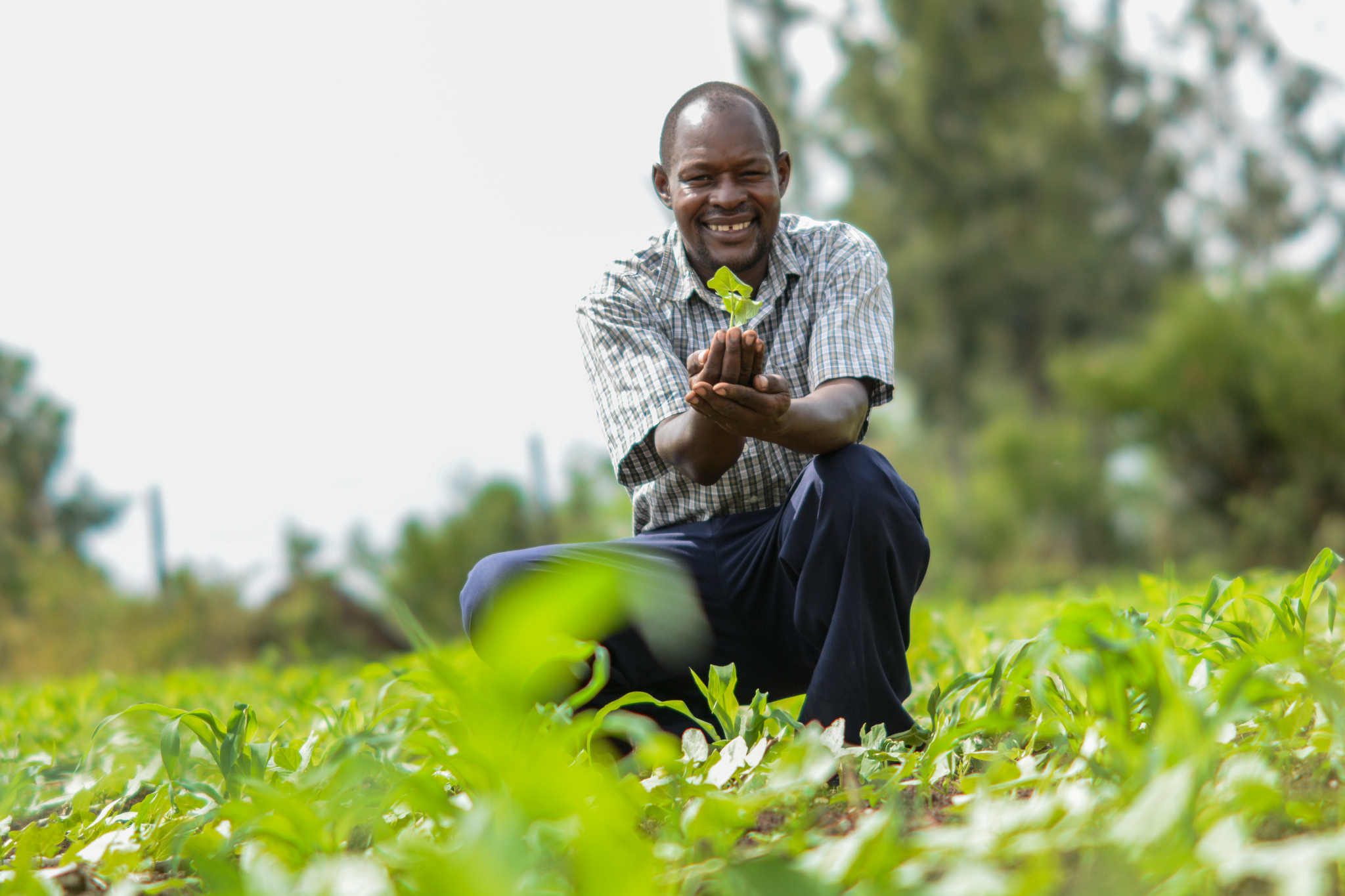

Opinion: Nutrition-sensitive agriculture: adding value and adding health
November 30, 2017

By Dr Robyn Alders AO, Principal Research Fellow, Faculty of Veterinary Science, University of Sydney
Nourishing a growing human population in a warming world of increasingly scarce natural resources is one of the greatest challenges facing humanity. Yet, even today, over 10 per cent of people globally are undernourished and approximately 30 per cent are deficient in key micronutrients. These burdens tend to be higher in resource-poor households, and especially amongst the more vulnerable members of households. This is reflected in the fact that households in low- to middle-income countries (LMICs) account for almost all undernourished children. Anaemia is prevalent in approximately 50 per cent of pregnant women in these same countries.
Despite increases in agricultural production over the past two decades, undernutrition in children has not diminished significantly in many LMICs, and obesity is now causing significant mortality and morbidity across the globe. High levels of undernutrition, lack of education among adult women (who frequently play a key role in agricultural production), and gender inequality have also shown a strong positive association with the prevalence of child undernutrition. Accessing sufficient calories is important, but calories alone are not sufficient to deliver optimal nutrition; the proper balance of micronutrients is also essential for both short- and long-term health. This has become clear as obesity and related health concerns are becoming significant issues in individuals and communities adopting western diets worldwide.
Globally our modern food systems have delivered the double burden of under- and over-nutrition. The human and financial costs associated with this situation are staggering and place huge strain on national budgets that are already stretched. At the same time, support for agricultural research and development have declined markedly. Can health and agriculture come together to provide a cost-efficient solution to these challenges?
Nutrition-sensitive agriculture and value chains are currently under discussion in the international development arena in relation to food security and human health. The approach provides a framework for an interdisciplinary discussion around all aspects of food and nutrition security from soils, food production to market chains, to consumers, food wastage, human physiology and social and cultural issues.
It’s well-known that preventive medicine is the most cost-efficient means of delivering good health for individuals and at the population level. I have a vision for a future where farmers, producers and agricultural researchers are seen as vital contributors to the human health system. A world where healthy, nutritious, safe food is recognised as the best medicine. A world where family farmers can practice sustainable, regenerative agriculture and land stewardship as they would wish to, thanks to farm gate prices and regulatory frameworks that enable them to do so. The Planetary Health paradigm, which recognises that human health depends on the ecosystems that underpin it, is one framework that can help strengthen linkages between agriculture and human health.
Adequately and sustainably nourishing 9 billion people by 2050 will involve direct action from all levels of production from the soil to the plate. A Planetary Health approach to the production of sustainable, nutritious and safe food delivered with minimal waste has the potential to promote human, animal and environmental health. It is essential that the agriculture, health, education and infrastructure sectors work together closely to ensure that food can be produced and utilised efficiently and effectively. An awareness of the importance of the nutrient density and bioavailability of foods will help people wanting to maintain a nutritionally sound diet and healthy body weight. Collectively, food producers and nutrition scientists can contribute to enhanced physical and mental health and in the process make the health of the planet more resilient.
About Dr Robyn Alders AO
For over 20 years Robyn has worked with smallholders and villagers promoting sustainable control of infectious diseases in chickens. She believes that healthy livestock directly support ecologically sustainable development, and improve livelihoods for rural communities. During 2007–2009 in Indonesia, Dr Alders oversaw the training and communication components of the FAO Response Program for this devastating virus. Another of Robyn’s achievements has been to introduce a heat-stable vaccine for Newcastle Disease (developed in Australia) in Africa.
References
Alders, R., Nunn, M., Bagnol, B., Cribb, J., Kock, R. and Rushton, J. 2016. Chapter 3.1 Approaches to fixing broken food systems. In: Eggersdorfer M., Kraemer K., Cordaro J.B., Fanzo J., Gibney M., Kennedy E., Labrique A. and Steffen J. (eds), Good Nutrition: Perspectives for the 21st Century. Karger, Basel, Switzerland, pp 132-144. Available online: https://www.karger.com/Article/Pdf/452381
Horton, R. & Lo, S. 2015. Planetary health: a new science for exceptional action. The Lancet 386(14):1921-1922
Ruel, M.T. and Alderman, H. 2013. Nutrition-sensitive interventions and programmes: how can they help




